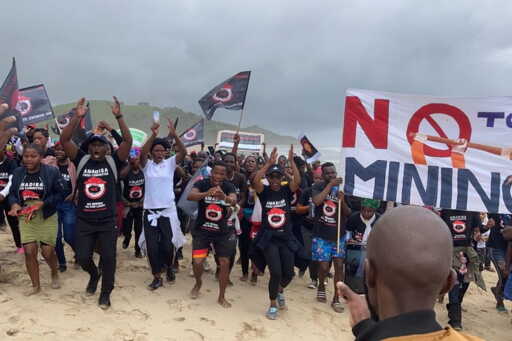This series, Voices from the Land, brings together opinion pieces led and written by Indigenous peoples from around the world. Through these commentaries, we share our lived realities and reflections on urgent issues shaping our time — environmental destruction, our relationship with nature, and systemic injustice. We write from the heart of our communities, where the impacts of these urgent crises are deeply felt, but also where solutions are rooted. Through this series, we speak from our territories, and ensure our truths are part of the global conversation. The consultation and participation of Indigenous Peoples are crucial components of a consent process when extractive and development projects affect our lands, waters and resources. This consultation and participation should never be a box-ticking exercise — but increasingly we are getting an impression that it is now exactly being used as such. The U.N. Declaration on the Rights of Indigenous Peoples requires States to consult and cooperate in good faith with the Indigenous Peoples concerned through the communities’ own representative institutions to obtain their free, prior and informed consent (FPIC) before implementing projects that may affect them. According to the declaration, the states must have consent as the objective of consultation before any of the following actions are taken: the undertaking of projects that affect Indigenous Peoples’ rights to land, territory and resources, including mining and other utilization or exploitation of resources (Article 32); the relocation of Indigenous Peoples from their lands or territories (Article 10) etc. But in Mpondoland, located along…This article was originally published on Mongabay
From Conservation news via this RSS feed


